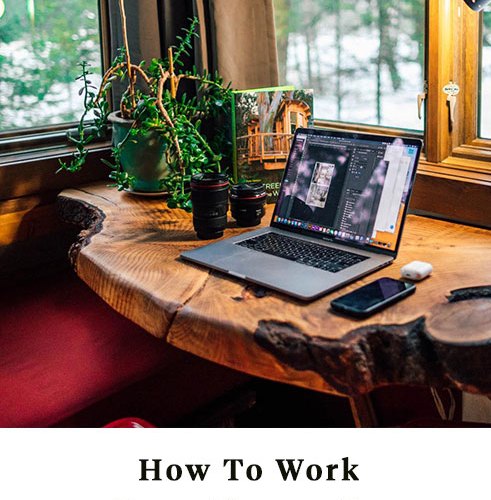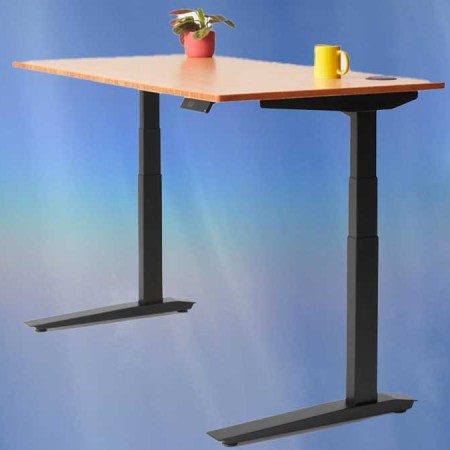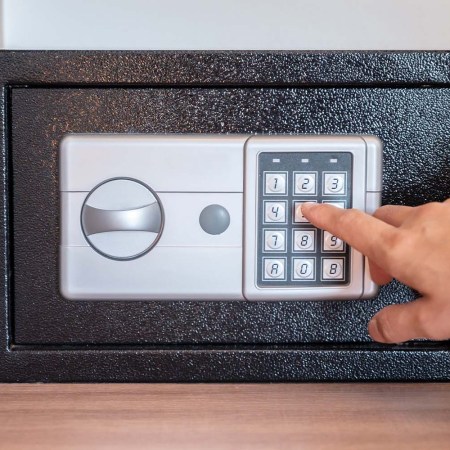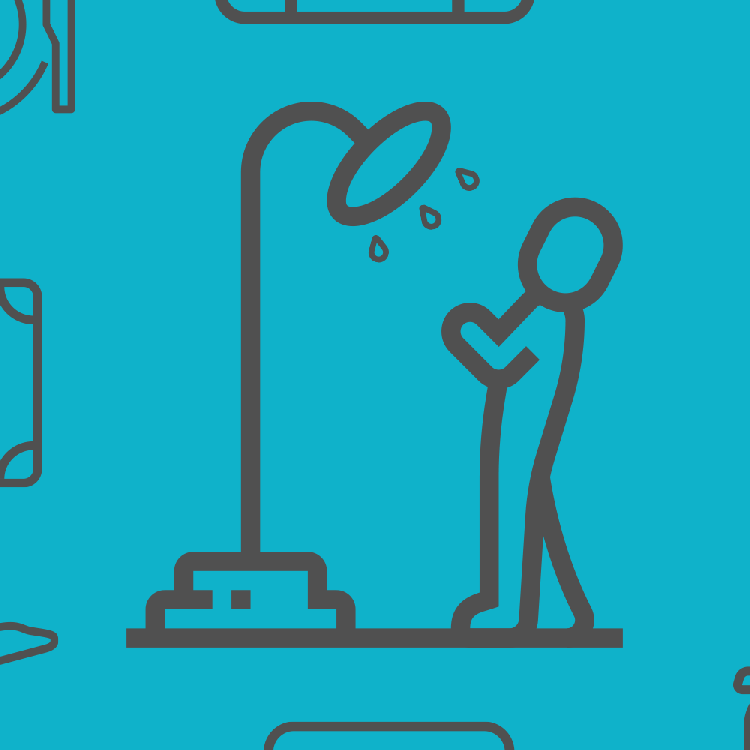Working from home, remote flexibility, telecommuting — these trends were hailed as the future of employment, but they’ve been slow to take hold. That is, until the new coronavirus. The spread of COVID-19 in the U.S. and around the world is quickly shifting huge swaths of the workforce into a WFH situation.
Offices across the country are scrambling to figure out how it’ll all work. Just yesterday, I overheard a barista say his girlfriend’s company was buying new laptops for the entire office to use during an indefinite work-from-home period. Whether you find yourself in a similar situation now or might in the future, it’s important to know the best practices for staying productive and sane during this time of self-quarantine.
Of course, it must be said that there are many more important issues during this time, including keeping yourself and others healthy, paying attention to accredited news and governmental sources, and not spreading misinformation. But it’s also essential that we maintain as much normalcy as possible, and that includes crafting an intentional WFH plan.
While working from home may not seem like a big deal, it’s more challenging than many people think. As The New York Times wrote this week, it can be lonely, stressful and frustrating. I should know — I’ve been working remotely for InsideHook for the past nine months. So to help you out, I’ve collected the best tips I wish I’d known before working from home, both from my personal experience and other professionals who regularly work remotely.
Set boundaries
When you are home, it is really hard to know when work starts and ends. Communicate your hours to your teams so you can be accountable to that commitment.
— Emily Goldsher-Diamond, Experience Design Lead at ZS Associates
Put on pants
When you get the occasional WFH day, it’s fun to spend the morning working in your sweats or pajamas (or less). When it’s an extended WFH period, it’s important to get fully dressed for the day — you can probably skip the suit and tie if you’re not doing any video conferencing, but get dressed at least to the point of casual Fridays. It will put your mind into work mode, and help alleviate the potential stress of being cooped up.
— Alex Lauer
Replicate your work structure …
Start your morning by getting ready like it’s a normal work day. Make breakfast or get your coffee. Have a set time when you’re going to be at your desk ready to work. Also have a set time for your lunch break and when your work day ends. Just because you’re home doesn’t mean you should be working 24/7. Be as efficient as possible with your time.
— Charlie Francis, Graphic Designer
… but work more deliberately
This seems obvious, but many people don’t consider how they need to truly change how they work when they go remote. I build a lot more structure into my tasks and meetings when I am not in-person to keep me and my teams on task and feeling engaged.
— Goldsher-Diamond
Choose your workspace wisely
Along with feeling comfortable and cozy at home while working, it’s also important that it feels different than lounging around the house. Try not to work from bed or on the couch. If you don’t have a desk, make your kitchen table your desk. Pick somewhere with good lighting and space.
— Francis
Stay productive rather than “present”
When you move to an online workspace, where you can’t look around and see your coworkers, it’s easy to become paranoid about accountability. If your office uses Google Chat, Slack or some other form of instant communication, you may feel the need to respond immediately to every message so your colleagues don’t think you’re lazy. Don’t fall into that trap. Stay focused on essential work, and respond to non-urgent requests and conversations when time allows.
— Lauer
Go on walks before and after
This will be a very sedentary time. No more commutes and walking around the office. Go on a walk in the morning and evening after work to destress your brain and recharge your body.
— Francis
Have a crew
Without time in-person, it can be hard to cultivate the nice feeling of camaraderie we get with coworkers in the office. I like to stay tight with my teams through regular casual chats about life and random brainstorms to make sure we stay close even when we’re on opposite sides of the world.
— Goldsher-Diamond
Leave the house
Just because workplaces, schools and large gatherings are being shut down doesn’t mean you should lock yourself in your home (unless you’re self-quarantining, of course). It’s important to get as much human interaction as possible when you’re alone during the work day. As long as you’re being responsible about it, go ahead and go out for coffee in the morning, go to a friend’s house for dinner and patronize local businesses while they’re still open.
— Lauer
This article was featured in the InsideHook newsletter. Sign up now.























